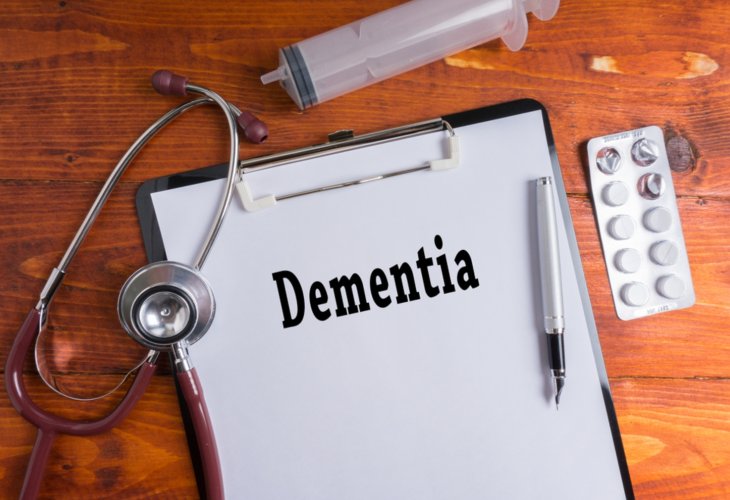One-Third of Dementia Cases in Older Age Can Be Prevented
A new report finds that one-third of dementia cases in old age can be prevented without medication.
 (Photo: shutterstock)
(Photo: shutterstock)A new report by the committee for dementia care and prevention established by the prestigious medical journal 'The Lancet' found that one-third of dementia cases can be prevented. The report emphasizes that what's needed is not more drugs, but lifestyle interventions.
"Until now, there was a strong focus on drug development to treat dementia, including Alzheimer's," says Lon Schneider, a professor of psychiatry and a member of the committee. "But we can't forget the real progress we've already made in dementia care and especially in its prevention."
The committee brought together 24 international experts to systematically review existing research and provide recommendations for dementia care and prevention based on it. Approximately 47 million people worldwide suffer from dementia, and this number is expected to reach 66 million by 2030 and 115 million by 2050.
The committee's report identified nine risk factors for dementia, some relevant to younger ages, some to middle age, and some to older age. About 35 percent of dementia cases, researchers say, are caused by these factors.
What are the risk factors at a young age? Low education. In middle age, the risk factors are hearing loss, high blood pressure, and dangerous obesity. Addressing these factors reduces dementia cases by twenty percent.
In older age, smoking cessation, treating depression, increasing physical activity and social connections, as well as careful management of diabetes, can also significantly reduce dementia cases by fifteen percent.
"The enormous potential that reducing these risk factors has in preventing dementia is greater than we could ever see with experimental drugs," says Schneider. "Reducing the risk factors provides us with a powerful way to decrease the global rate of dementia."
The committee also found that for older adults who have already developed dementia, non-drug treatments are more successful in reducing aggression and distress: studies show that environmental and social interventions, like visits from friends and family and participation in activities, were more beneficial than psychiatric drugs in treating aggression and distress stemming from dementia.

